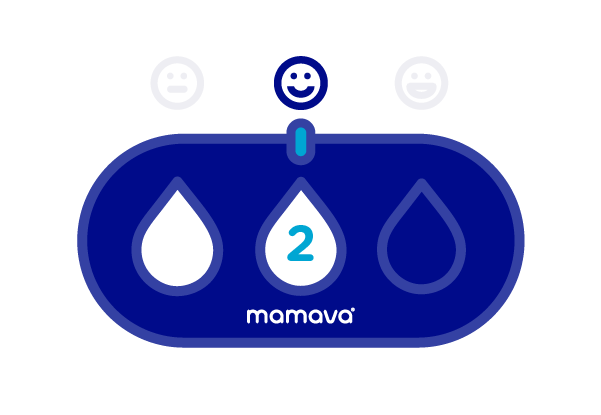Indiana Breastfeeding Laws
Mothers in Indiana have the right to breastfeed in any public or private location they are legally allowed to be. In addition to the federal FLSA’s PUMP Act that provides workplace lactation accommodation protections for all breastfeeding employees, Indiana laws provide an extra level of support.
We’ve awarded Indiana two drops on our scale.
IN Breastfeeding Laws: In Public
Mothers in Indiana have the right to breastfeed in any public or private place they’re allowed to be. Read the law: HOUSE ENROLLED ACT No. 1510
IN Breastfeeding Laws: At Work
The federal FLSA’s PUMP for Nursing Mothers Act protects all breastfeeding employees, but Indiana state law is even stronger. State law requires employers with more than 25 employees to provide breastfeeding mothers a private space (other than a bathroom) to pump, and paid break time to do it. (The PUMP Act allows exemptions for employers with 50 or fewer employees.) Read the law: Ind. Code § 22-2-14-2 (2008) section IC 22-2-14-2 and § 5-10-6-2
IN state law also requires employers—to the extent reasonably possible—to provide a refrigerator or other cold storage space for expressed milk or to allow breastfeeding employees to bring their own portable cold storage device to work. Read the law: IC 22-2-14-2 Sec 2 b
IN Breastfeeding Information + Resources
Indiana Breastfeeding Coalition’s mission is to “improve the health of all residents of Indiana by working collaboratively to promote, support, and protect breastfeeding and human milk as the optimal first food for infants in Indiana.” Indiana Black Breastfeeding Coalition’s mission is to “promote, empower, embrace, and encourage African-American women to breastfeed.” Visit U.S. Breastfeeding Committee for a full list of state breastfeeding coalitions.
Mamava designs solutions to empower breastfeeding and pumping parents on the go, like our freestanding lactation pods and lactation space locator app.
Laws are constantly evolving—which is a good thing! So if we’ve missed something, contact us at [email protected].
Disclaimer: Please consult a professional for legal advice. Mamava’s information on breastfeeding laws is not a substitute for legal counsel.
We'd Love to Help You Further
Employers and Facilities
Breastfeeding People
Mamava’s Breastfeeding Law Rating Key
One drop: State does not have any workplace lactation legislation that exceeds the PUMP Act.
Two drops: State law exceeds the PUMP Act in one of the following ways: 1) Lower threshold for employer exemption); 2) Workplace protections beyond one year; 3) Requirements for lactation spaces (e.g. electrical outlets); 4) Protections for specific populations other than employees (e.g. students).
Three drops: State law exceeds the PUMP Act in at least two of the following ways: 1) Lower threshold for employer exemption); 2) workplace protections beyond one year; 3) requirements for lactation spaces (e.g. electrical outlets); 4) protections for specific populations other than employees (e.g. students).

